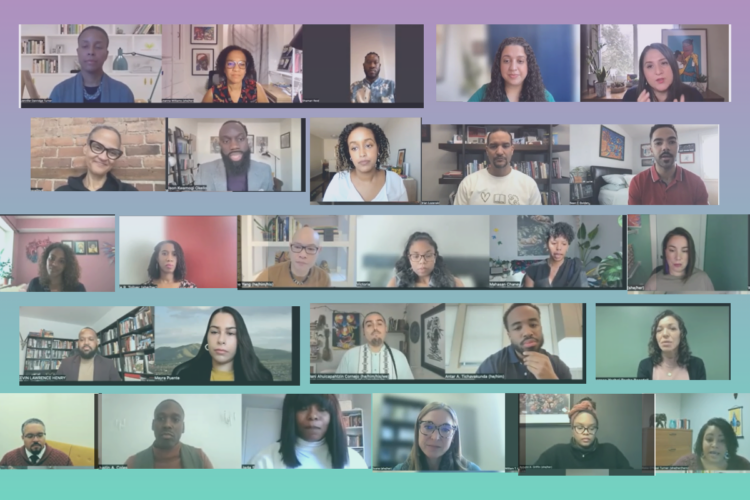Many of us may have hoped that the change in administration in Washington, DC, would have lessened the pervasive climate of hostility and xenophobia that we have experienced in the United States over the past four years. After all, a change in leadership is often regarded as prelude to culture change. Tragically, White supremacy and racism have deep roots in this nation, and those roots cannot be torn out in a short space of time.
The recent rise in anti-Asian violence across the country is a continuing reminder of systemic racism and unrelenting hatred that must be confronted. At the William T. Grant Foundation, we stand with our colleagues and friends in witnessing these acts and calling them out as deplorable. Even more, we ask, how can we align our mission of supporting research to improve the lives of young people with the challenge of confronting and reducing anti-Asian violence, racism, and xenophobia?
Violence against immigrants from Asian countries and their descendants has been a repeated feature of the American landscape, with significant consequences for the lives of young Asian Americans. When Congress passed its first civil rights act in 1866, the law protected “citizens” rather than “inhabitants” in a deliberate step to permit discrimination against Chinese immigrants, who until 1943 were prohibited from becoming citizens. The incarceration of Japanese Americans during the second World War is a particularly shameful chapter in U.S. history. And after 9/11, many Asian Americans who identify as Muslim (or were misperceived as Muslim) were the targets of verbal and physical attacks. The violence of recent days and weeks reminds us that racism targeting Asian Americans is not only part of our history, but a reality of the present, which shapes the experiences, opportunities, and outcomes of youth, families, and communities across the country.
As a research grantmaker, one of our central focus areas is reducing inequality in youth outcomes. Within this line of work, we prioritize reducing inequality on the basis of race, ethnicity, and immigrant origins, as well as socioeconomic status. What sorts of programs, policies, and practices will bring a halt to acts of hatred and violence against Asian Americans, and how will these strategies reduce inequality and improve outcomes for young Asian Americans? We call on the research community to propose new studies to meet this challenge. Recently, we held a webinar to explore with our grantees our call for proposals that examine the role of social movements and other efforts to disrupt power hierarchies that maintain White supremacy and underlie the structural foundations of inequality. Such research seems all the more timely as we aim to confront the unrelenting force of discrimination and hostility to Asian Americans.
We invite you to join us in the path toward conducting and using research to help build a more just world.






